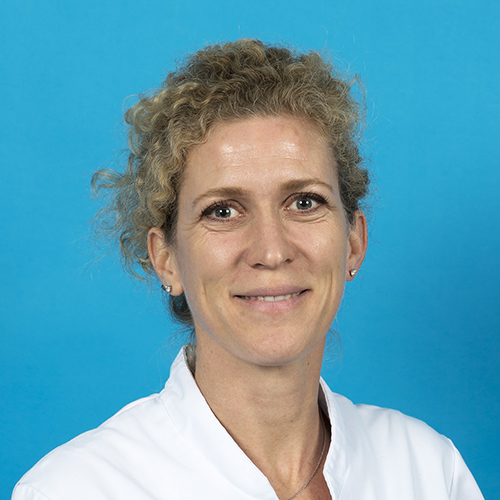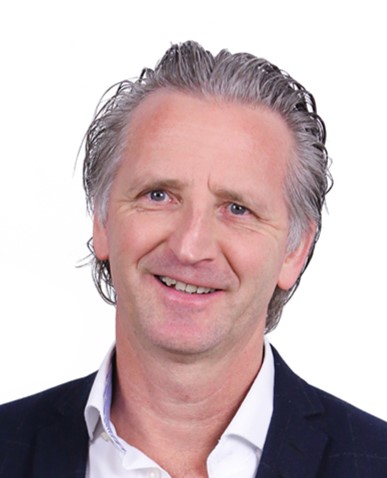About our Department
Our research
Aims
Despite impressive progress in genetic and other research, the cause of DSD remains unknown in many individuals. Our research aims to improve the diagnostic yield. In addition, we address unanswered questions about optimal treatment and monitoring for many forms of DSD.
Research focus areas
Using state-of-the art genetic techniques, we strive to identify novel causes of DSD. In addition, we investigate novel approaches to endocrine assessment and monitoring. Gonadal development and risk of germ cell cancer in DSD has been another important focus over the past decades. Other research topics of our group include long-term outcome in individuals with DSD - including their psychosocial and sexual wellbeing.
International position
Because many forms of DSD are rare, national and international collaboration is essential. Our expertise centre has initiated the Dutch DSD study, most results of which have now been published, and has also been involved in various international research programmes, such as Euro-DSD and the COST action BM1303 ‘A systematic elucidation of differences of sex development (DSDnet)’. We currently participate in international collaborative studies through the I-DSD network, and in two European Reference Networks, Endo-ERN and eUROGEN.
Principal Investigators
- Yolande van Bever, MD
- Sofie Benneheij, MD
- Hennie Bruggenwirth, PhD
- Arianne Dessens, PhD
- Laura de Graaff, MD, PhD
- Irene Groenenberg, MD, PhD
- Maarten Knapen, MD, PhD
- Katja Wolffenbuttel, MD
Research Lines
- Optimising diagnostic evaluation
- Prenatal diagnosis of DSD
- Gonadal development and germ cell cancer risk in DSD
- Outcome in individuals with DSD
- Transition
Publications
The External Genitalia Score (EGS): A European multicenter validation study.
van der Straaten S, Springer A, Zecic A, Hebenstreit D, Tonnhofer U, Gawlik A,Baumert M, Szeliga K, Debulpaep S, Desloovere A, Tack L, Smets K, Wasniewska M, Corica D, Calafiore M, Ljubicic ML, Busch AS, Juul A, Nordenström A, Sigurdsson J, Flück CE, Haamberg T, Graf S, Hannema SE, Wolffenbuttel KP, Hiort O, Ahmed SF, Cools M. (2019). J Clin Endocrinol Metab. 2019 Oct 29. pii:dgz142. doi: 10.1210/clinem/dgz142.
Outcomes in Males With 45,X/46,XY Mosaicism Vary Depending on Reason for Diagnosis.
Ljubicic ML, Jørgensen A, Acerini C, Andrade J, Balsamo A, Bertelloni S, Cools M, Cuccaro RT, Darendeliler F, Flück CE, Grinspon RP, Maciel-Guerra A, Guran T, Hannema SE, Lucas-Herald AK, Hiort O, Holterhus PM, Lichiardopol C, Looijenga LHJ, Ortolano R, Riedl S, Ahmed SF, Juul A. Clinical but Not Histological (2019) J Clin Endocrinol Metab. 2019 Oct 1;104(10):4366-4381. doi:10.1210/jc.2018-02752.
Quality of Life in Late-Treated Patients With Disorders of Sex Development: Insights for Patient-Centered Care. Ediati A, Verrips GHW, Juniarto AZ, Faradz SMH, Drop SLS, Dessens AB (2019) Front Pediatr. 2019 Jan 30;6:434. doi:10.3389/fped.2018.00434. eCollection 2018.
Psychosocial well-being in Dutch adults with disorders of sex development.
de Neve-Enthoven NG, Callens N, van Kuyk M, van Kuppenveld JH, Drop SL, Cohen-Kettenis PT, Dessens AB (2016) J Psychosom Res. 2016 Apr;83:57-64. doi:10.1016/j.jpsychores.2016.03.005.
The biology of germ cell tumors in disorders of sex development.
Hersmus R, van Bever Y, Wolffenbuttel KP, Biermann K, Cools M, Looijenga LH (2017) Clin Genet. 2017 Feb;91(2):292-301. doi: 10.1111/cge.12882. Epub 2016 Nov 24. Review.

